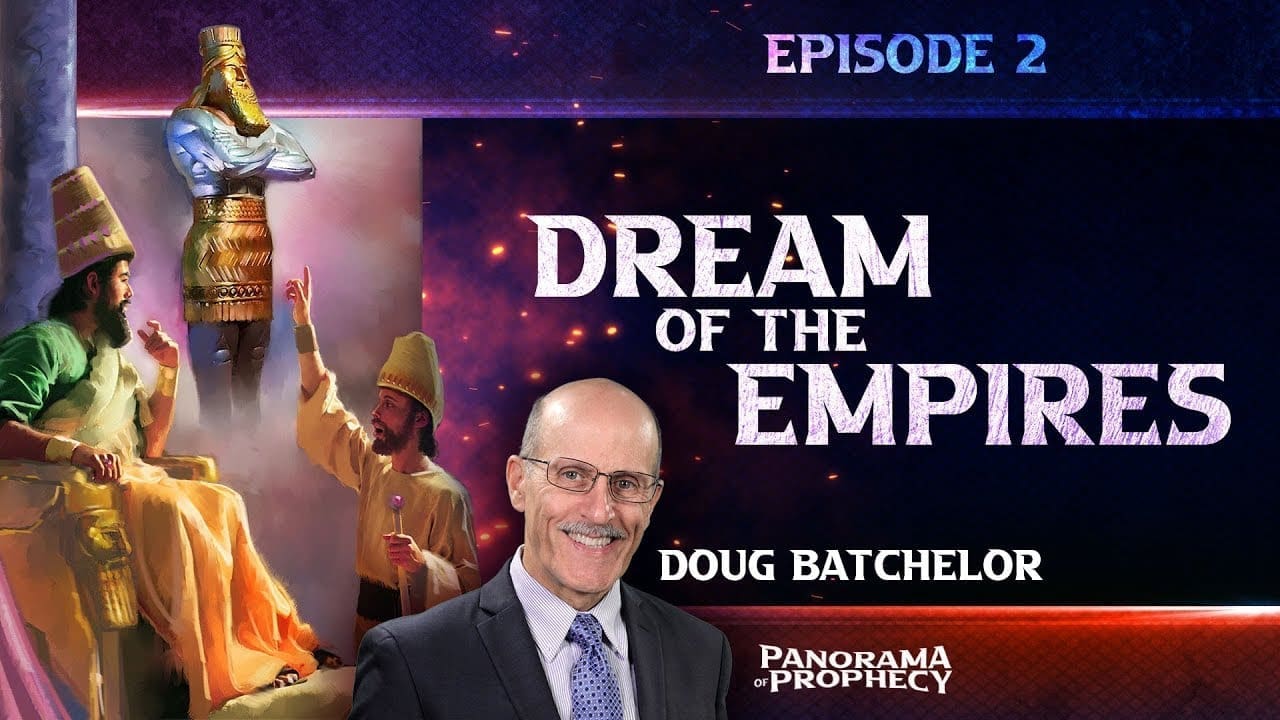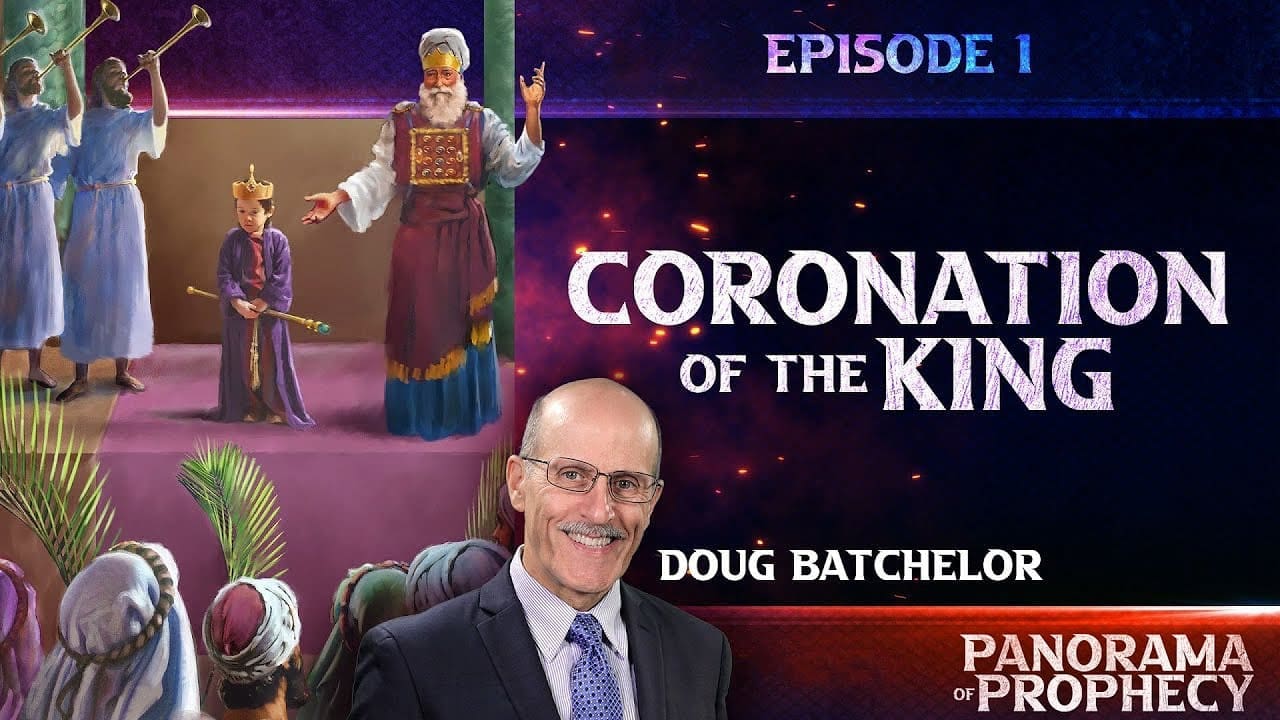The issue of whether the Sabbath was changed from the seventh day of the week to the first day is a complex one. On one hand, the Sabbath is firmly rooted in God’s unchanging character and commandments. The Old Testament consistently refers to the seventh day as the Sabbath, and Jesus Himself affirmed its importance saying, “I have kept My Father’s commandments.” (John15:10) However, historical evidence suggests that a shift from Sabbath observance to Sunday worship took place in early Christianity.
What about the New Testament?
In the New Testament, the Sabbath is mentioned 58 times, always referring to the seventh day of the week. The first day of the week, Sunday, is mentioned eight times and is clearly separate from the Sabbath. This indicates the continued validity of the seventh-day Sabbath. Jesus and the apostles regularly attended the synagogue on the Sabbath, emphasizing its significance. In Luke 4:16 it tells us that Jesus customarily went to the synagogue on the Sabbath day to read the Scriptures.
Some argue that the Old Testament law was abolished with the arrival of the new covenant. However, the bible is silent regarding any change. Jesus explicitly stated that He did not come to destroy the Law but to fulfill it. Matthew 5:17-18 says, “Do not think that I came to destroy the Law or the Prophets. I did not come to destroy but to fulfill. For assuredly, I say unto you, til heaven and earth pass away, one jot or one title will by no means pass from the law till all is fulfilled.” The apostle Paul also affirmed the importance of the Law, declaring that faith does not cancel the law but establishes it. See Romans 3:31.
How It Happened…
So how did the transition from Sabbath to Sunday worship occur? External influences played a role in this change. Pagan customs, such as the festival of Sunday dedicated to sun worship, were introduced by Egyptian Mithraists in the Roman Empire. As Christianity gained popularity, church leaders merged these customs to attract more followers. Sunday worship became accepted among Christians who sought to distance themselves from Jews, leading to the recognition of the first day of the week as a religious and civil holiday.
Emperor Constantine, who had previously practiced sun worship, professed conversion to Christianity, although his motives seemed more politically driven than a genuine change of heart. Constantine assumed the title of Bishop of the Catholic Church and issued the first civil law concerning Sunday observance in AD 321. The law stipulated that on the venerable day of the sun, people in cities should rest and workshops should be closed. However, those engaged in agricultural work in rural areas were permitted to continue their tasks as it was deemed necessary for farming activities. This law did not explicitly mention the Sabbath but referred to the mandated rest day as the “venerable day of the sun.” This law allowed for flexibility and convenience, contrasting with God’s command to observe the Sabbath diligently even during the plowing and harvest seasons (Exodus 34:21).
Perhaps the church leaders observed this leniency and, four years later in AD 325, Pope Sylvester officially designated Sunday as “the Lord’s Day.” In AD 338, Eusebius, the court bishop of Constantine, wrote, “All things whatsoever that it was the duty to do on the Sabbath (the seventh day of the week) we (Constantine, Eusebius, and other bishops) have transferred to the Lord’s Day (the first day of the week) as more appropriately belonging to it.”
These developments marked a departure from the humble lives of persecution and self-sacrifice exemplified by the apostles. Church leaders elevated themselves to positions of authority, assuming powers reserved only for God. The apostle John warned that such an attitude aligned with the spirit of the antichrist, which had already begun to manifest itself (1 John 4:3).
Constantine, after his conversion to Christianity, played a role in the transition from Sabbath observance to Sunday worship. He passed laws and influenced church leaders to establish Sunday, the first day of the week, as a designated day of rest and worship. This change reflected a departure from the Sabbath, the seventh day of the week, as observed by the early Christians and the apostles.
In conclusion, while the Sabbath’s sanctity and observance on the seventh day remain rooted in God’s unchanging commandments, a transition from Sabbath to Sunday worship took place in early Christianity due to various factors. It is important for believers to study the Bible and seek understanding of God’s commandments, remaining vigilant against the influence of human traditions that may distort the truth.













